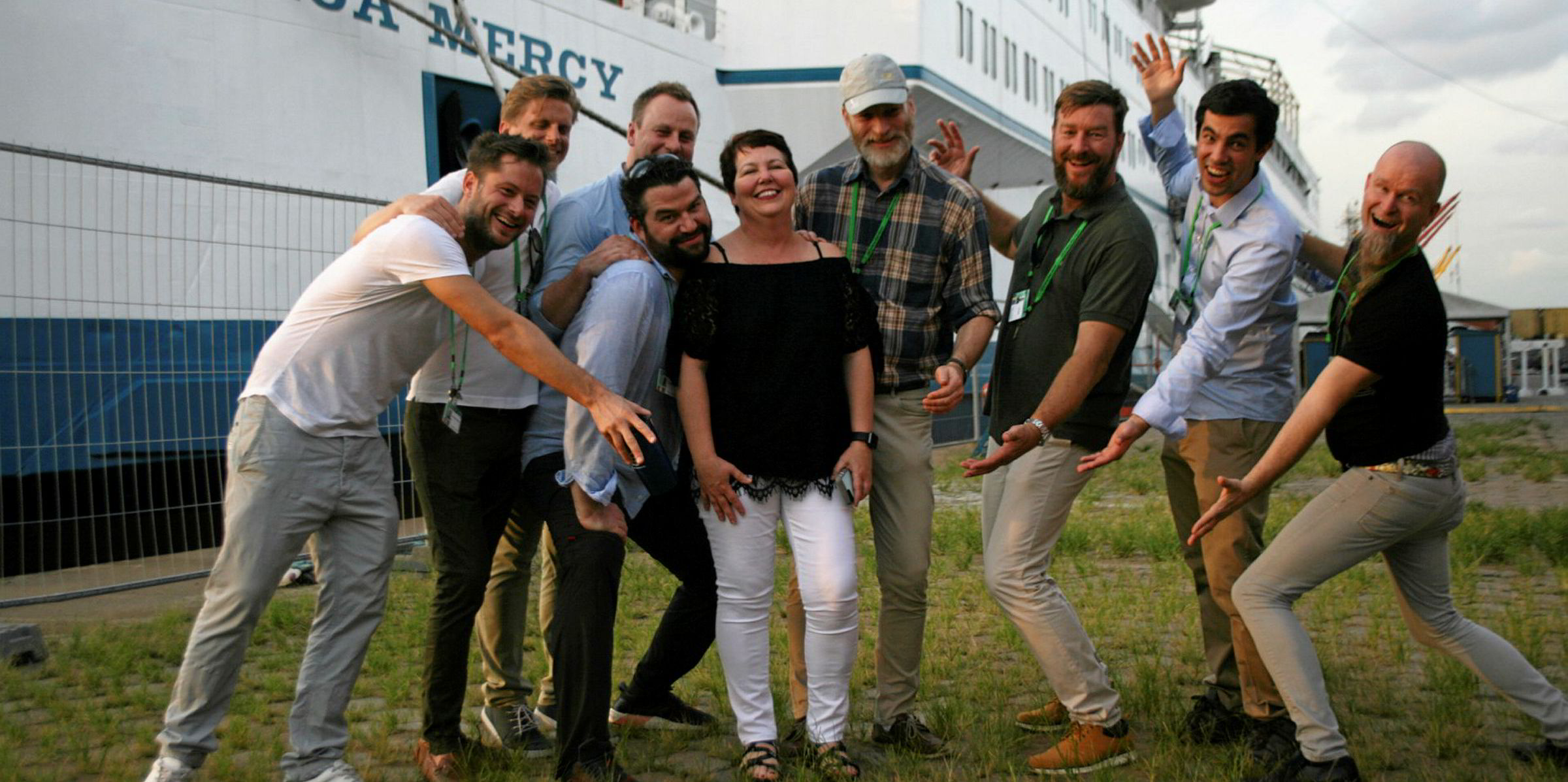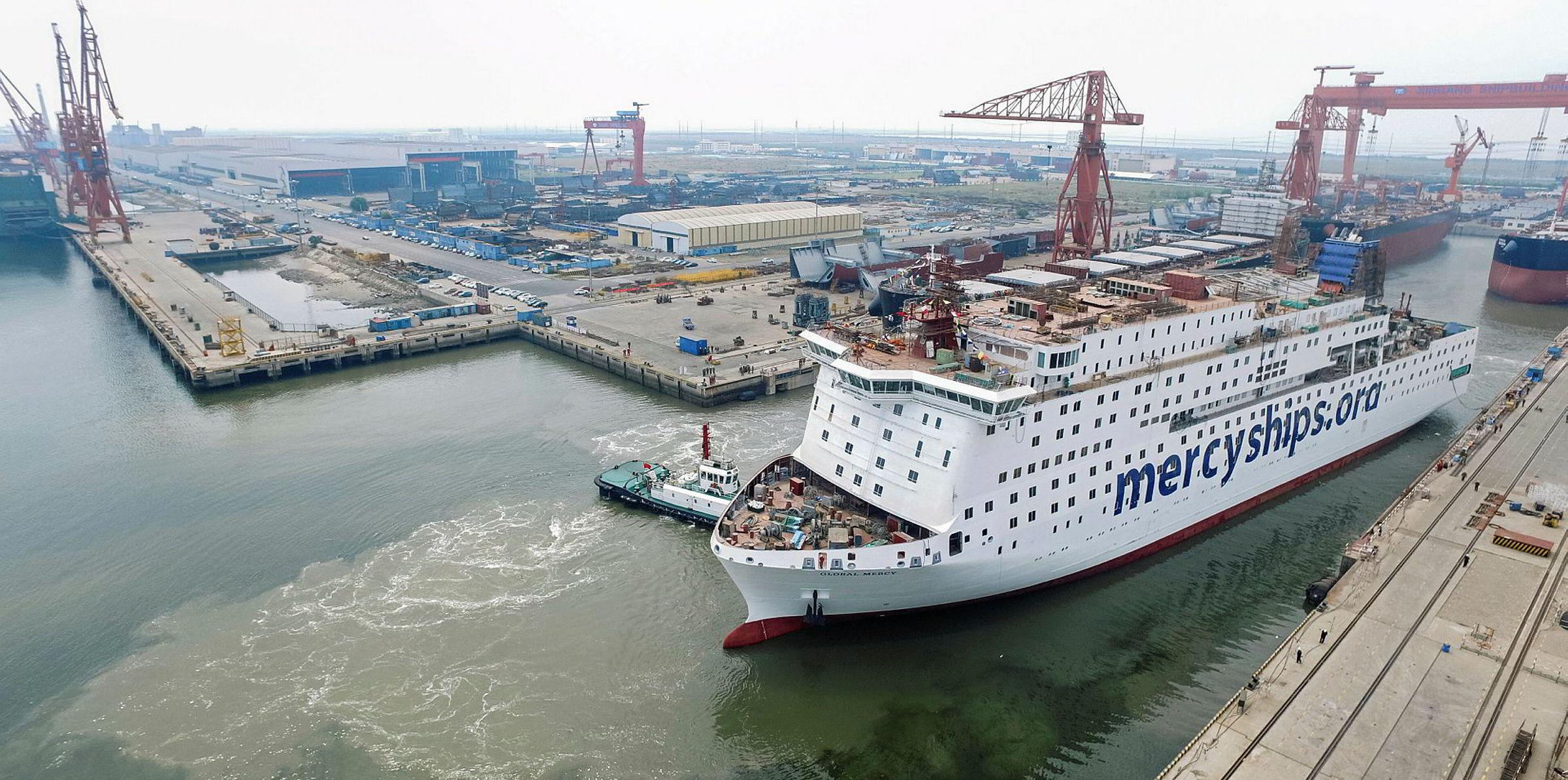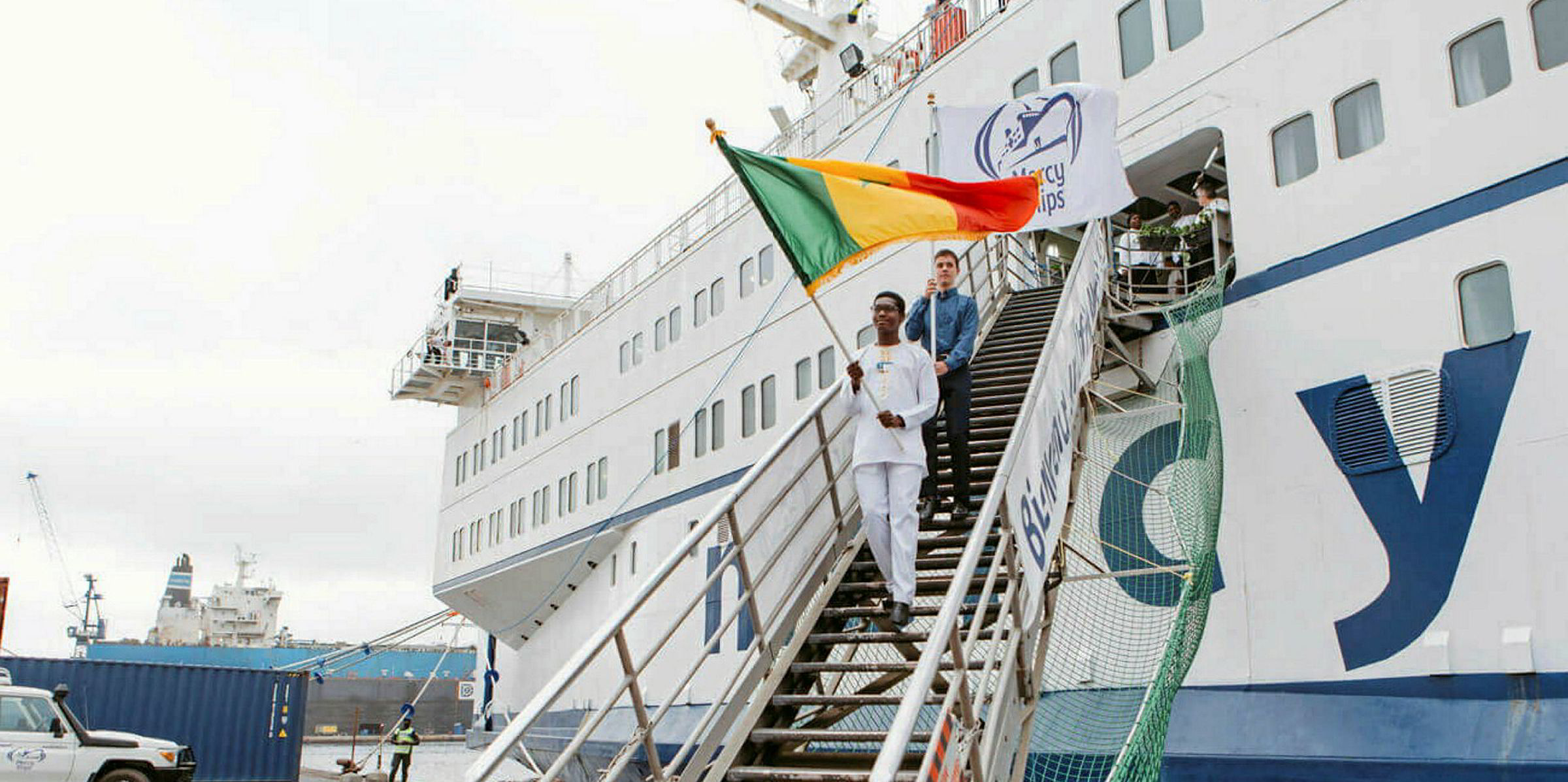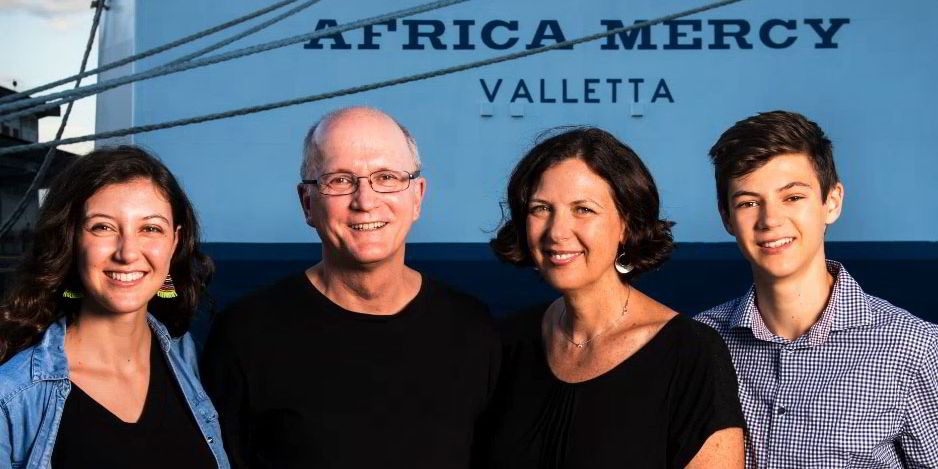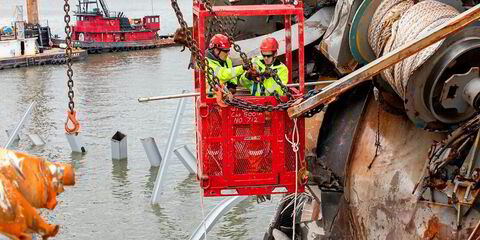Mercy Ships, the charity that takes medical care to African countries in hospital ships, will soon be able to help many more people when it receives its first purpose-built vessel. That enhanced ability is matched by an increased need — and the shipping industry can help.
The newbuilding — the 37,000-gt Global Mercy, which will cost nearly $200m by the time it is fully kitted out and deployed — will double the number of life-changing operations that the charity can perform.
That is good news, as is the fact that the new ship is largely paid for. But Mercy Ships now faces major challenges because its operating budget to deliver that care will also double — as will its need to recruit crew when the Global Mercy joins its existing vessel, the Africa Mercy.
It costs about $20m per year to pay the full medical and maritime operating costs of each ship — and that is where the shipping industry can help.
Since 2016, the Mercy Ships Cargo Day, when 50% of commissions on cargoes are donated to the charity, has raised an amazing $3m. But this year, shipping is under a lot of pressure and no one is sure whether a record $1.3m in 2019 can be matched, let alone exceeded.
One way would be to bring in more companies across a wider spectrum of the industry.
Cargo Day has been led by tanker brokers donating half the commissions they would earn on vessel fixtures, not just on the day itself — 4 November in 2020 — but across a period of a few weeks before and after that date.
Shipowners and charterers have donated money, pushed Mercy Cargoes towards participating brokers or matched the amounts given by the broking shops. But huge sums could be raised if more large trading groups were to send some of their address commissions the way of Mercy Ships.
This year, when health concerns have taken centre stage across the globe, there can be no more apt time for shipping to contribute
Spreading the load into the dry broking and other sectors could also make a big difference. If twice as many companies were involved, they would have to contribute only half as much to raise the same funds.Vessel operators are key to finding more crew for the ships — either by providing support for seafarers to take time out with Mercy Ships, or by spreading the word among crew and crewing agencies that they use.
This year, when health concerns have taken centre stage across the globe, there can be no more apt time for shipping to contribute to a charity that is doing so much to improve well-being — and doing it with ships.
Mercy Ships executive director Bryce Wagner is clear that what makes the charity different is that it uses ships — but they are not why it exists.

“Ships are an incredible door-opener for us to do what we are supposed to be doing — and that’s bringing free medical care to people who could not afford it otherwise,” he told TradeWinds.
But the organisation is equally clear that it needs to find partners to help deliver its services.
“We would not have been able to create this concept of engaging with brokers, traders and shipowners for Cargo Day,” he said. “Up until four years ago, I had no idea what an address commission was.”
Covid-19 has hit Africa’s health systems hard and Mercy Ships will have even more work to do when it returns.
Many African governments have been supportive of the organisation’s mission.
Governments have also supplied water, non-medical waste disposal and sometimes fuel, while the onboard staff train local doctors so they can better provide services when the ship leaves.
Wagner adds that Mercy Ships does not — and will not — ask members of the public to pay for a hunk of steel.
“I have one lady who gives us 10 [Swiss] francs a month, and has been doing for 20 years,” he said. “If I tell her it is going towards millions of dollars of new ship, it doesn’t make sense. But if I tell her we can change the life of a child for under a hundred bucks, she is going to say: ‘OK, I’m in’.”
It is time for more of the shipping industry to say: “OK, I’m in with Cargo Day.”(Copyright)
